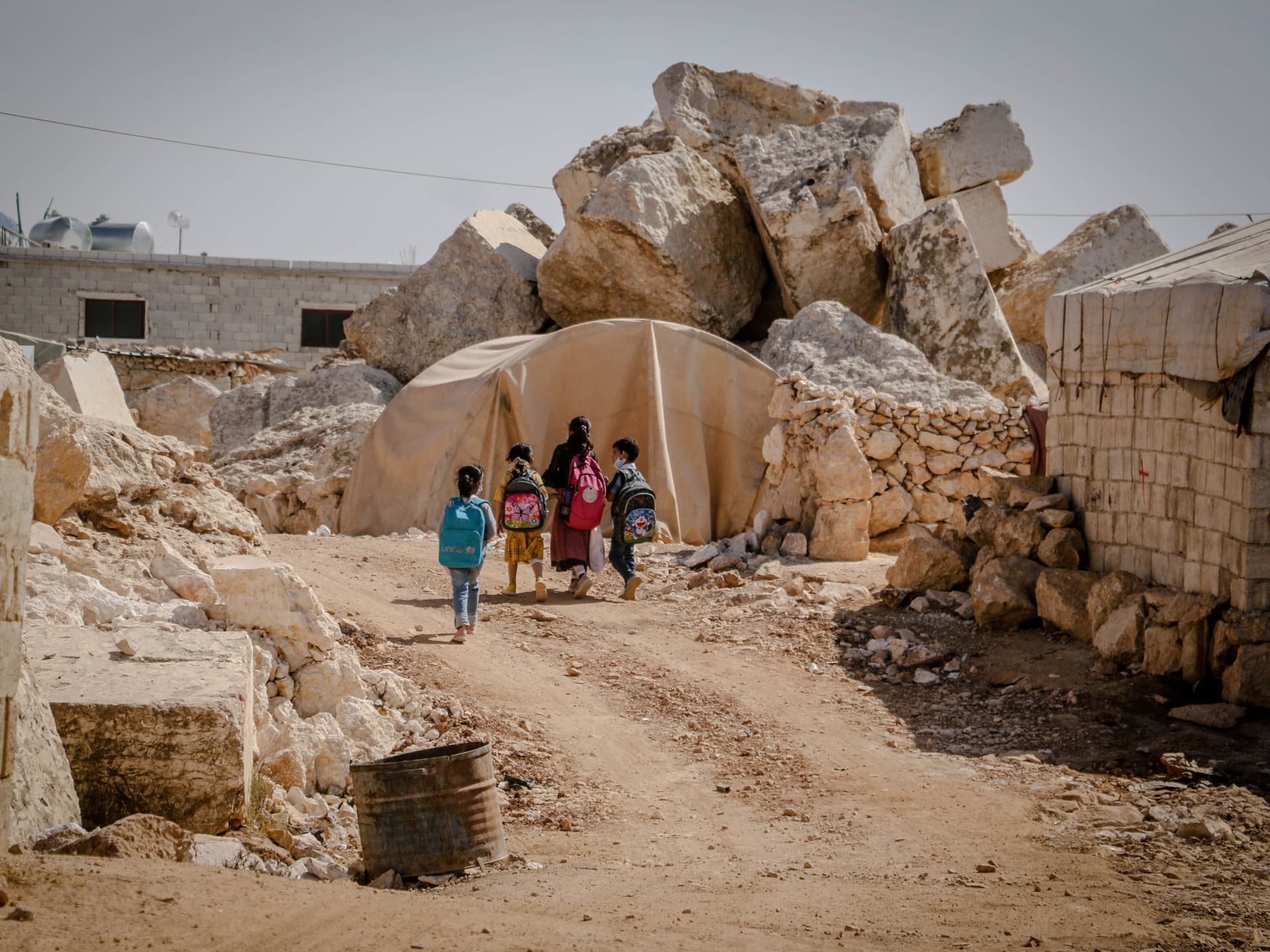
The principle of proportionality
One of the key principles of international humanitarian law.
A central notion under international humanitarian law is the principle of proportionality: even if an attack is allowed, it must not be excessive in relation to the expected military advantage.
The principle of proportionality (Article 51(5) (b) API) states that even if there is a clear military target it is not possible to attack it if the expected harm to civilians, or civilian property, is excessive in relation to the expected military advantage. This is one of the most difficult rules of international humanitarian law (IHL) to apply as it requires a balance between two factors with little relevance to each other.
The principle of proportionality is also recognised as customary international law in Rule 14 of the ICRC study on customary international law.
The rule does accept that some civilian harm may be acceptable but it must be carefully weighed up against the military advantage to be gained. The rule of proportionality is the relevant rule whenever people talk of ‘collateral damage’.
Even if the principle of proportionality is adhered to, the warring parties must still abide by rules on precautions in attack.



